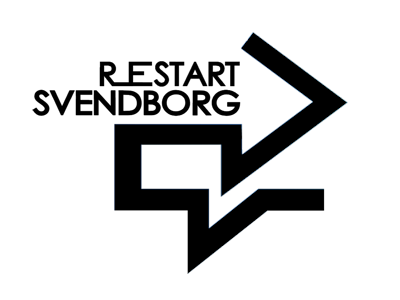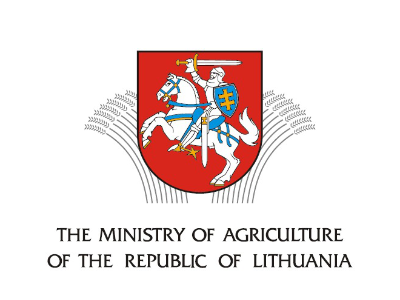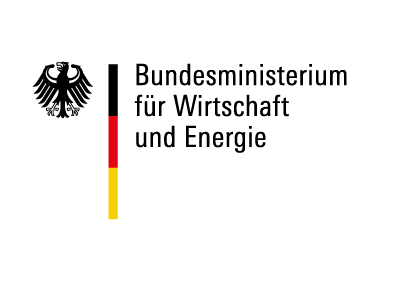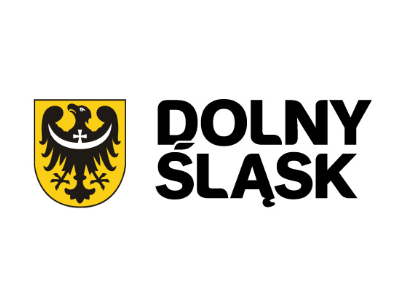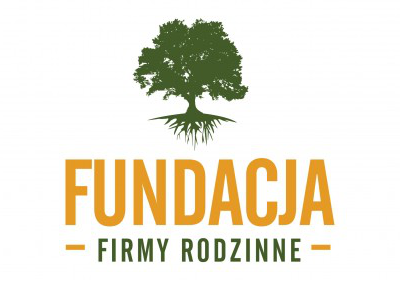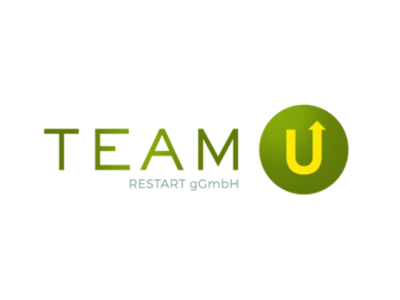“Building and strengthening the institutional ecosystem to support companies in difficulty in the Baltic States and Poland”
From 23 to 26 November 2020, an international Innovation Laboratory for Entrepreneurs, Policy Makers and Industry “Building and Strengthening an Institutional Ecosystem to Support Firms in Difficulty in the Baltic States and Poland” was organized online by the Ministry of Economics of the Republic of Latvia.
Leading economic administration institutions, non-governmental organizations, business support organizations and companies from Latvia, Estonia, Lithuania, Poland, Norway, Denmark, Sweden, Germany, and Hungary were invited to participate in the Innovation Laboratory.
The Innovation Laboratory took place within the framework of the Interreg Baltic Sea Region transnational cooperation program project “RestartBSR”. The RestartBSR project is very closely linked to Directive (EU) 2019/1023 of the European Parliament and of the Council of 20 June 2019 on preventive restructuring regulation, debt cancellation and disqualification and measures to increase the efficiency of restructuring, insolvency and debt cancellation proceedings. Directive (EU) 2017/1132 (Restructuring and Insolvency Directive), which requires all Member States of the European Union to provide an early warning tool (s).
The aim of the Innovation Laboratory was to raise awareness of the political and social impact of the difficulties experienced on entrepreneurs and to develop recommendations for improving SME support and second chance policies in the Baltic States and Poland.
During the opening of the Innovation Laboratory, Kristaps Soms, Director of the Business Competitiveness Department of the Ministry of Economics of the Republic of Latvia, emphasized the importance of SME support in ensuring a sustainable economy, as well as the importance of the Innovation Laboratory during the COVID-19 crisis. Dorota Sało, a managing partner of the RestartBSR project, presented the achievements of the RestartBSR project to the members of the Innovation Laboratory and outlined the results achieved and challenges so far. Mathias Poulsen, a representative of the RestartBSR project partner Design School Kolding, introduced the design thinking approach within the RestartBSR project, news, and recommendations, as well as answered many questions from the visitors of the Innovation Laboratory.
On the opening day of the Innovation Laboratory, each RestartBSR project partner presented what has been done so far to develop roadmaps or guidelines within the RestartBSR project. Ints Vīksna, a representative of the Latvia Technological Centre, presented Latvia's achievements in developing the roadmap and emphasized that the foundation had applied for participation in the “Early Warning Europe” project. Dorota Sało, representative of the Polish business support organization Lower Silesian Intermediate Body, emphasized the current situation in Poland in the context of the RestartBSR project, while Vilnius Gediminas Technical University representative Lina Pečiūre pointed to the progress made in Lithuania. Eduard Laur, a representative of the Estonian business support organization “Harju County Entrepreneurship and Development Consultancy”, drew attention to the support mechanisms developed in Estonia and the detailed support mechanism developed so far as part of the RestartBSR project pilot activity. During the Innovation Laboratory, more than 100 recommendations were developed for policy implementers in Latvia, Estonia, Lithuania, and Poland on building or strengthening institutional capacity to support companies in financial difficulties. The reccomandation will be also disscused with Advisory Board from each country during National Workshops.








